Doreen Kartinyeri
Doreen Kartinyeri
My Ngarrindjeri Calling
Doreen Kartinyeri and Sue Anderson

Aboriginal Studies Press
First published in 2008
by Aboriginal Studies Press
Doreen Kartinyeri and Sue Anderson 2008
All rights reserved. No part of this book may be reproduced or transmitted in any form or by any means, electronic or mechanical, including photocopying, recording or by any information storage and retrieval system, without prior permission in writing from the publisher. The Australian Copyright Act 1968 (the Act) allows a maximum of one chapter or 10 per cent of this book, whichever is the greater, to be photocopied by any educational institution for its education purposes provided that the educational institution (or body that administers it) has given a remuneration notice to Copyright Agency Limited (CAL) under the Act.
Aboriginal Studies Press
is the publishing arm of the
Australian Institute of Aboriginal
and Torres Strait Islander Studies
GPO Box 553, Canberra, ACT 2601
Phone: (61 2) 6246 1183
Fax: (61 2) 6261 4288
Email: asp@aiatsis.gov.au
Web: www.aiatsis.gov.au/aboriginal_studies_press
National Library of Australia
Cataloguing-In-Publication data:
Kartinyeri, Doreen, 19352007
Doreen Kartinyeri: My Ngarrindjeri Calling
Includes index.
Bibliography.
9780855756598 (pbk.)
ISBN 978 0 85575 686 4 (ebook PDF)
1. Women, Aboriginal Australian Biography. 2. Stolen generations (Australia). 3. Narrinyeri (Australian people) Legal status, laws, etc. 4. Sacred sites (Aboriginal Australian) South Australia Hindmarsh Island. 5. Hindmarsh Island (S. Aust.)
920.00929915
Index compiled by Michael Harrington
Printed in Australia by Ligare Pty Ltd
Aboriginal and Torres Strait Islander people are respectfully advised that this publication contains names and images of deceased persons, and culturally sensitive material. AIATSIS apologises for any distress this may cause.
Cover image: The People by Sandra Saunders, oil on canvas, 2000.
Courtesy, private collection.
A mi:mini is gathering rushes for weaving. Her coat is woven from the rushes. The kornies are netting fish in Lake Alexandrina.
Acknowledgments
There are many people who have helped with the compilation of this book. Sandra Saunders was by Doreens side from the tabling of the envelopes, and then stood alongside both Doreen and me to help get her story right. Sandy also became a friend of mine, and I am grateful for her valuable commentary on early and later drafts of this book. Her input was invaluable and her friendship immeasurable.
Doreens sister Doris recommended me to Doreen in the first instance, and remains a dear friend since I interviewed her for the Bringing Them Home Oral History Project in 2000. Doreens family, particularly Lydia and Willie, put up with my many intrusions into their space, and Klynton read and commented on the draft manuscript and helped make some changes.
Dr Mary-Anne Gale provided advice on Ngarrindjeri language words, and Ribnga Green and Jared Thomas, in their roles with Tandanya National Cultural Institute and Arts SA respectively, gave their support and encouragement. Carolyn Blanks conducted some last-minute archival retrieval at short notice, and Kate Battersby transcribed about half the recordings with great promptness and efficiency. My friend and colleague Dr Suzi Hutchings commented on the draft manuscript and helped me reduce the word length as requested by our publishers. Joanna Richardson and Claire OConnor kindly read the draft manuscript and provided vital legal advice. My PhD supervisor, Dr Christine Nicholls, also provided much moral support and some editorial advice. Doreens friend and colleague Jackie Huggins introduced us to Aboriginal Studies Press, and Rhonda Black, its Director, was considerate in dealing with the appraisal of the manuscript. Many others lent their support, advice and research materials, including Dr Rod Lucas, Dr Deane Fergie, Steve Hemming, Professor Diane Bell, Neva Wilson, Dr Joy Wundersitz and Margaret Wallace.
We could not have conducted our work without some financial help, as Doreen lived at Point Pearce on the Yorke Peninsula and I live in Adelaide, some two and a half to three hours away by car. I am therefore extremely grateful for the grant funding we received from the Australian Institute of Aboriginal and Torres Strait Islander Studies, Arts SA

and The Hon. Stephanie Key MP, then South
Australian Minister for Social Justice and for the Status of Women.
Illustrations
Between pages 5051
A Raukkan school photo, c. 1943.
Outside the Raukkan Post Office waiting for the Mail.
Doris Kartinyeri at Colebrook Home, c. 1948.
United Aborigines Mission letter for Colebrook Home, 1946.
Salvation Army Fullarton Girls Home, 1940.
Doreen on the balcony at the Fullarton Girls Home, 2005
Letter from Doreen Kartinyeri to the Aboriginal Protection Board, c. 1950s.
Letter from the Secretary, Aborigines Protection Board, c. 1950s.
Thelma Kartinyeri and her children.
Doreens father, Oscar Kartinyeri.
Aunty Rosie and Uncle Nat Kropinyeri, c. 1940.
Doreen with Reg Graham, 1953.
Doreen and Sid Chamberlain, 1979.
Terry Wanganeen and Doreen Kartinyeris children and grandchildren, 1985.
Illustration removed from the ebook edition due to copyright reasons.
Between pages 130131
Doreen demonstrating how to commence weaving.
Small mat woven by Doreen in the Ngarrindjeri style.
Feather flowers made by Doreen for the launch of the Rigney genealogies.
Illustration removed from the ebook edition due to copyright reasons.
Doreen and her sister Doris Kartinyeri displaying historic photographs c. 1980.
Doreen and Sue Anderson at Doreens house in Point Pearce, 2004.
Doreen after receiving her honorary doctorate, 1995.
Doreen burning letters.
Raising the Ngarrindjeri flag on Hindmarsh Island, 1995.
Ngarrindjeri demonstration against the Royal Commission, Adelaide 1995.
Sandra Saunders painting representing the legal system.
Illustration removed from the ebook edition due to copyright reasons.
Illustration removed from the ebook edition due to copyright reasons.
Note on Language
Ngarrindjeri words are often used alongside English ones, and these have been retained in the text. Where a word only occurs once or twice, an English translation has been added in square brackets. Some Ngarrindjeri words, however, are used throughout.
Family relationships are often referred to in Ngarrindjeri terms. Mainu is grandfather, Mutha is grandmother, and Pike is great-uncle. The word Kabbarli, which refers to an older female relative, came from a language of the west coast of South Australia, and is a specific kin term.
The English words Aunty and Uncle are used both to refer to relatives and as respectful titles for older community members. Grannies are grandchildren, not grandparents.


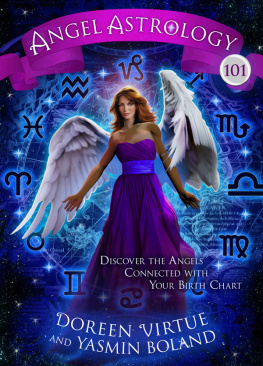
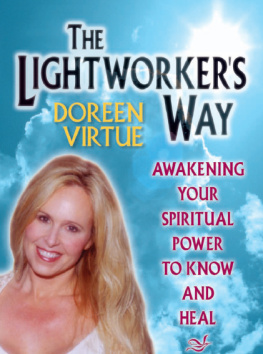

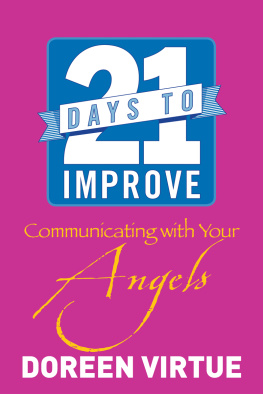
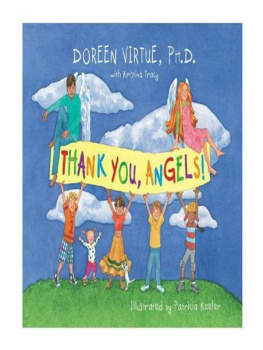
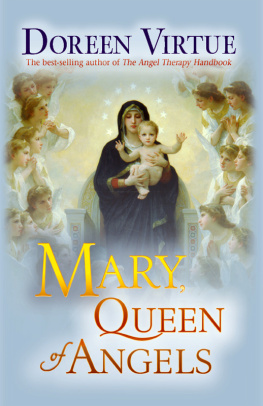
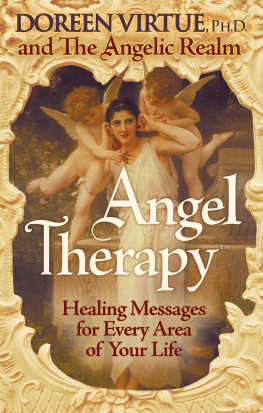
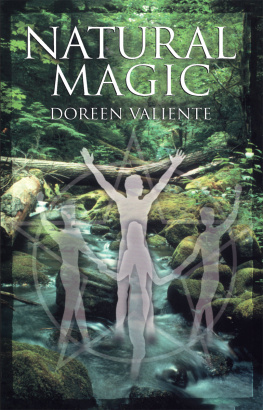
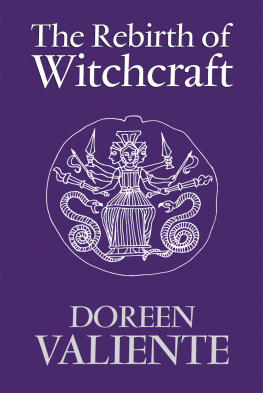
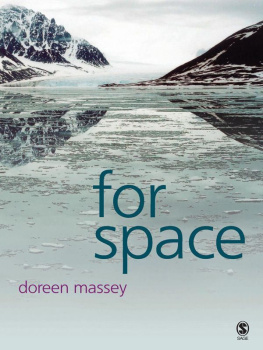
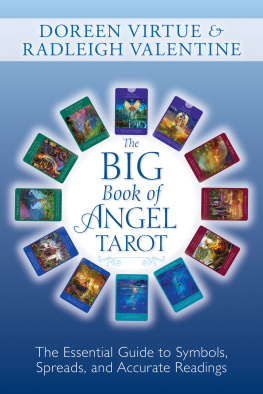


 and The Hon. Stephanie Key MP, then South
and The Hon. Stephanie Key MP, then South